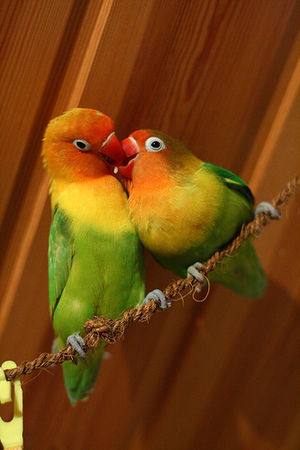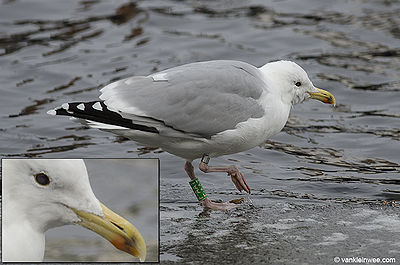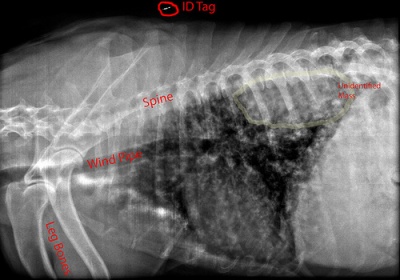
Chlamydia can effect a number of species such as birds, cats, dogs and humans.
The form of chlamydia in pet birds is called Psittacosis. Birds that are imported undergo a quarantine of at least 30 days in the U. S. They are tested for disease and receive food that contains an antibiotic (tetracycline). However it’s difficult to know how much of the antibiotic the bird ingests or if 30 days is long enough to treat the disease.
Psittacosis can affect wild birds and sometimes humans who have contact with birds. Although it can be fatal in birds, most recover but can be carriers of the disease.
In humans who contract chlamydia from birds, the infection is usually mild with flu-like symptoms. Administering antibiotics resolves the infection.
The psittacosis organism in birds is found in the feces and respiratory secretions. Your veterinarian can administer tests to check your bird.
Chlamydia in cats was once called Feline Pneumonitis. The feline strain which lives inside the body cells of the cat is spread by close contact with the cat. Kittens and young cats are most at risk with the disease.
The bacteria infects the membrane lining the eyelid which becomes swollen and red. The cat develops a discharge that thickens and becomes yellow or greenish in color.
While adult cats usually overcome the infection, kittens are more seriously affected. Antibiotics are the treatment of choice.
Chlamydia is contagious and if there are other cats in the household, your veterinarian may recommend antibiotics for them as well. There is a vaccine available and your can ask your vet for more information.
Chlamydia is not common in dogs. About 50% of healthy dogs have antibodies against the disease. Treatment in dogs is the same – antibiotics, particularly tetracycline and doxycycline applied topically and/or given orally for the prescribed amount of time.
If your pet shows any signs of chlamydia or any illness, your vet should be the one to diagnose the disease and give you instructions on treatment.



